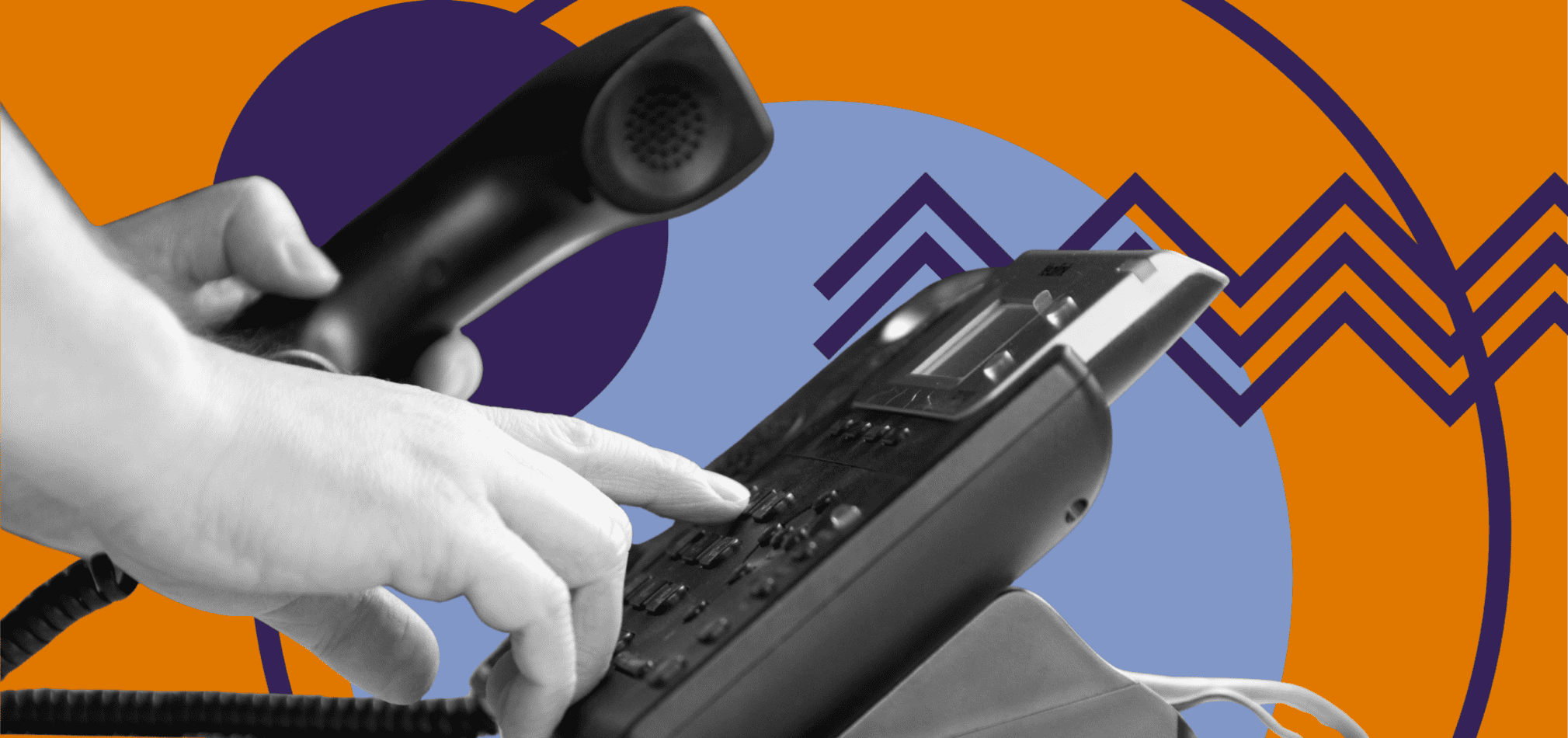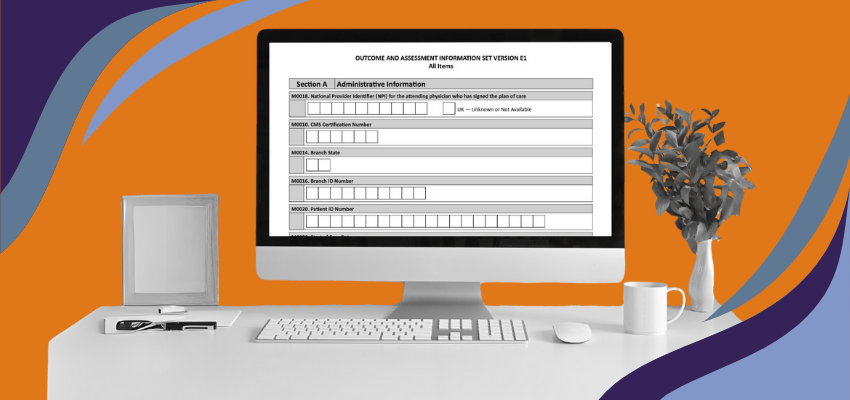
Types of Consultants in the Home Health & Hospice Industry
As you know, there are a lot of moving pieces when it comes to running a compliant agency. Because there are so many different components, there are many different kinds of consultants in the industry.
It's absolutely essential to know what you need before hiring a consultant. Common home health or hospice consultants specializations include:
- Enrollment Services: Assisting with launching new agencies
- Administrative Compliance: Ensuring adherence to regulations
- Billing: Navigating the complexities of Medicare billing
- Clinical Documentation Review: Improving medical documentation accuracy and compliance
- Mock Surveys: Assisting with readiness for regulatory inspections.
The best consultant is the one whose expertise aligns with your agency’s specific goals. A great fit can lead to a seamless process, while a mismatch can result in frustration and unmet expectations.
If you’re specifically looking for survey support, two common consulting options are mock surveys and ongoing compliance support. In the article below, we break down the pros and cons of each.
6 Red Flags to Watch for When Hiring a Home Health or Hospice Consultant
Selecting the wrong consultant can have negative consequences on both your wallet and your stress level. Look out for these warning signs:
1. Unnecessary Review of Passed Documentation: Beware of consultants who insist on reviewing files already approved during previous surveys or ADR rounds. This is a red flag unless preparing for a different regulatory purpose. This practice may indicate a lack of value-added expertise.
2. Excessive Use of Buzzwords: A consultant may frequently mention terms like "HIPAA." Without clear relevance, this might reflect shallow knowledge. While HIPAA is important, a truly skilled consultant knows when and how to focus on it.
3. Inconsistent Engagement: Is the consultant spending too much time in your office reviewing files in person? This might signal they lack scalable systems or a large client base. On the flip side, a consultant who relies solely on software may not offer the hands-on guidance your agency needs.
4. Lack of Continuity: If the consultant you initially hire is later replaced by an unrelated team, this could indicate the original person was simply a sales rep.
5. Questionable Pricing Models: Suspiciously low prices can suggest inexperience. Alternatively, excessively high fees may reflect unnecessary middleman markups. Look for consultants who charge within an industry-standard range for their level of expertise.
6. No Office Phone Number, Office, or Back Up Staff: If a consultant communicates only through their cell phone and doesn’t provide other office contact options, it’s a potential red flag. This approach might seem personal, but it could indicate they lack a larger team. Without proper support, both you and your agency may face inconsistent communication and project delays in the future.
*These red flags are not true for every consultant. There are always exceptions.
You could have an incredibly knowledgeable consultant who is just starting out. But they may not have the resources to streamline their process yet. This doesn’t make them a bad consultant, but it may make them a bad fit for your agency if you’re looking for constant communication and updates. Again, it all comes down to your agency’s goals and communication preferences.
By recognizing these red flags and comparing them with your agency’s primary objective, you can protect your agency from wasted resources and subpar outcomes.
How to Choose the Right Home Health or Hospice Consultant: Step-by-Step
Selecting the right consultant, whether for Medicare survey preparation, ongoing compliance support, or operational guidance, can make or break your agency’s success.
Here’s how to thoroughly evaluate potential partners before you sign a contract:
1. Visit Their Office or Operations Hub
Does their workspace reflect a professional, well-supported operation? A bare-bones or one-person setup might indicate limited resources, which can lead to delays or inconsistent attention when they get busy.
2. Request References from Other Home Health or Hospice Agencies
A reputable Medicare compliance consultant should be able to provide references from agencies similar to yours. Speaking to past clients will give you insight into their expertise, responsiveness, and results.
3. Review Their Communication and Tracking Systems
Do they clearly explain their processes? Ask if they have systems in place to track your progress, like an online portal or project dashboard, so you always know where things stand.
4. Assess Their Credibility and Integrity
The best consultants are honest about what they know and what they don’t. They’re willing to research unfamiliar issues and provide accurate, CMS-compliant guidance.
5. Evaluate Their Ability to Collaborate
Your consultant should work seamlessly with your vendors, EMR provider, and other industry professionals. Hostility toward industry peers is a red flag that could disrupt your operations.
By taking the time to evaluate your home health or hospice consultant carefully, you’ll find a partner who not only meets your immediate needs but also supports your agency’s long-term compliance and growth.
What to Know Before Hiring a Home Health or Hospice Consultant: The Bottom Line
.png?width=850&height=400&name=Red%20Flags%20(2).png)
Your biggest takeaway from this article should be this: know exactly what your agency needs before hiring a consultant.
- If your chart logging process is a mess due to a paper-only filing system, a software solution may be all you need.
- If you’re confident in your compliance but nervous about an upcoming survey, a mock survey might be the right fit.
- If you feel constant stress about compliance and aren’t sure how to take control or grow, our Administrative Compliance Program could be your best option.
Recognizing red flags and matching your agency’s needs to a consultant’s strengths will help ensure a successful partnership. Take your time to evaluate candidates, ask targeted questions, and choose a consultant who can truly elevate your operations.
Next step: If surveys are your biggest concern, check out our article on Survey Prep vs. Survey Readiness to see how practicing year-round readiness can transform your results and peace of mind.
*Disclaimer: The content provided in this article is not intended to be, nor should it be construed as, legal, financial, or professional advice. No consultant-client relationship is established by engaging with this content. You should seek the advice of a qualified attorney, financial advisor, or other professional regarding any legal or business matters. The consultant assumes no liability for any actions taken based on the information provided.




























